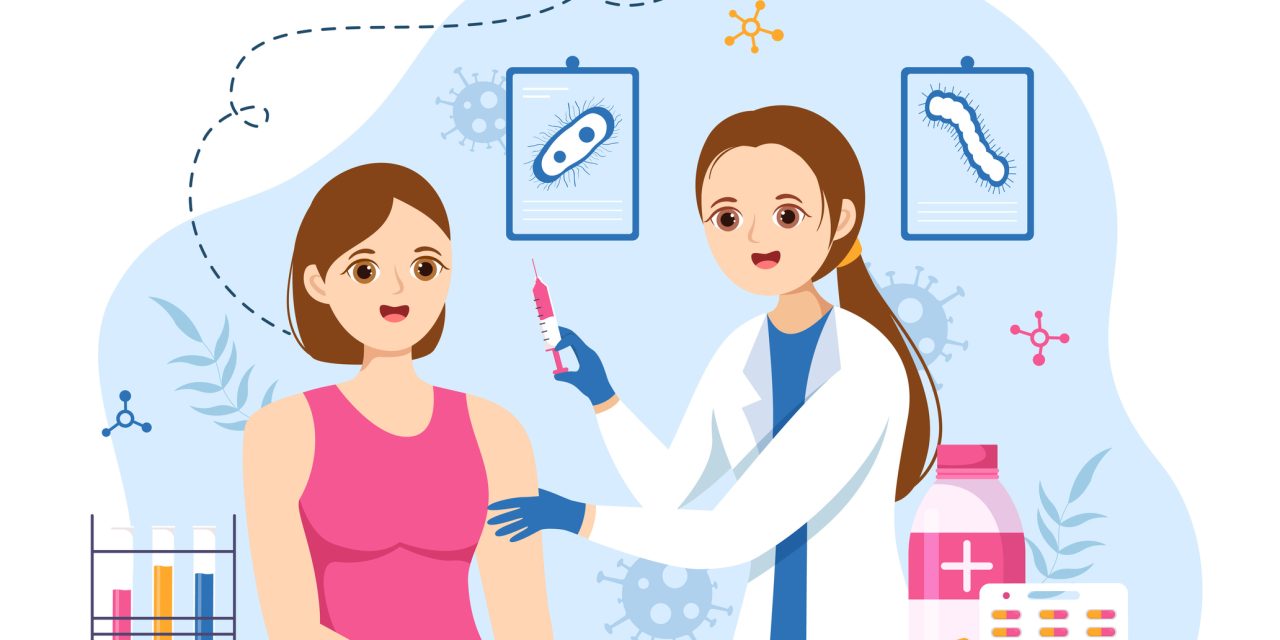Antipyretics are frequently used in pediatric practice. Both acetaminophen and nonsteroidal anti-inflammatory drugs (NSAIDs) have been reported to increase the risk of asthma exacerbation. The study investigated antipyretic use during respiratory infection in children and analyzed the risk of acetaminophen and NSAID for severe asthma exacerbation (AE) in asthmatic children in Taiwan.
We used the data from the National Health Insurance Research Database in 2005. There were 27,095 pediatric asthmatic patients having at least one respiratory infection episode, and 27,095 age- and sex-matched non-asthmatic children with respiratory infection served as controls. These patients were divided into groups with acetaminophen use, NSAID cyclooxygenase-1 (COX-1) use, and no antipyretic use. The rate of AE occurrence within the first 7 days after respiratory infection diagnosis was compared among the groups.
During a single episode of respiratory infection, asthmatic patients used fewer antipyretics than controls (48.51% vs. 55.50%, p < 0.001). No difference was observed in the risk of AE occurrence within 7 days after respiratory infection between antipyretic users and antipyretic nonusers (22/13,144 [0.167%] vs. 12/13,951 [0.086%], p = 0.058). Compared with asthmatic children using acetaminophen, those using no antipyretic and COX-1 have lower risks for AE (OR: 0.26, 95% CI: 0.12-0.54, p < 0.001; and OR: 0.14, 95% CI: 0.03-0.61, p = 0.009).
In asthmatic children, the rate of AE after a single respiratory infection episode was around 0.144%. The risk of AE was higher in those who took acetaminophen.
Copyright © 2020. Published by Elsevier B.V.
Impact of antipyretics on acute asthma exacerbation during respiratory infection-A nationwide population-based study.


